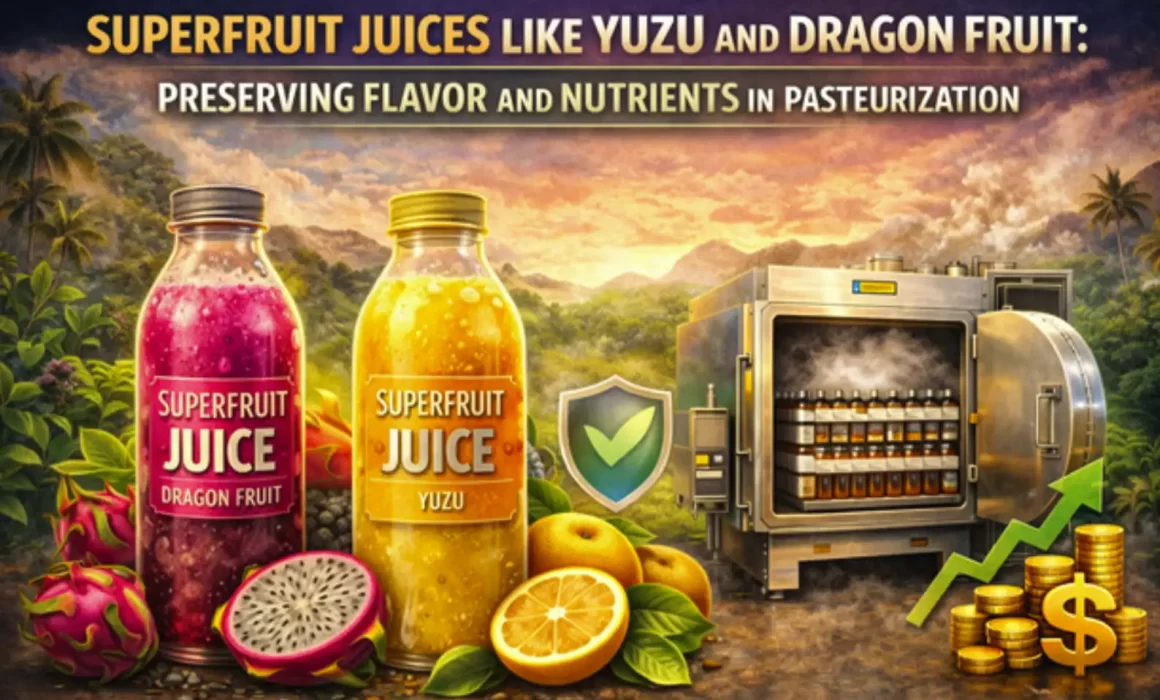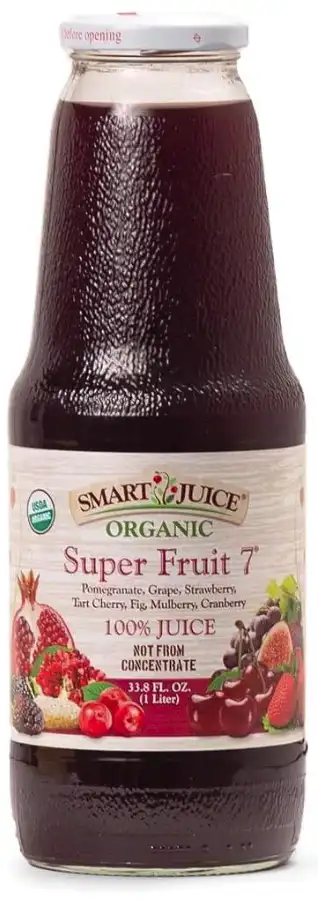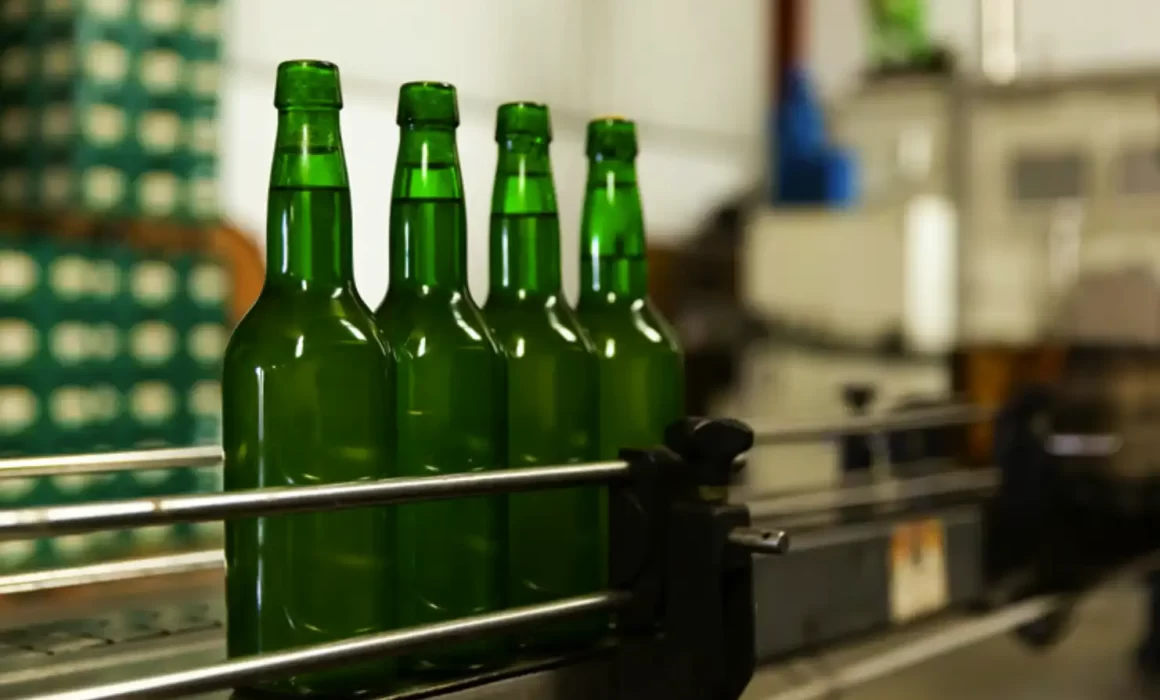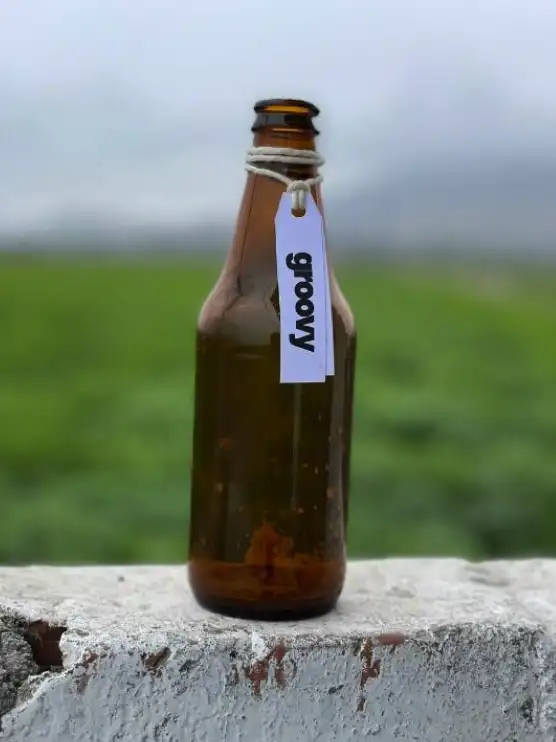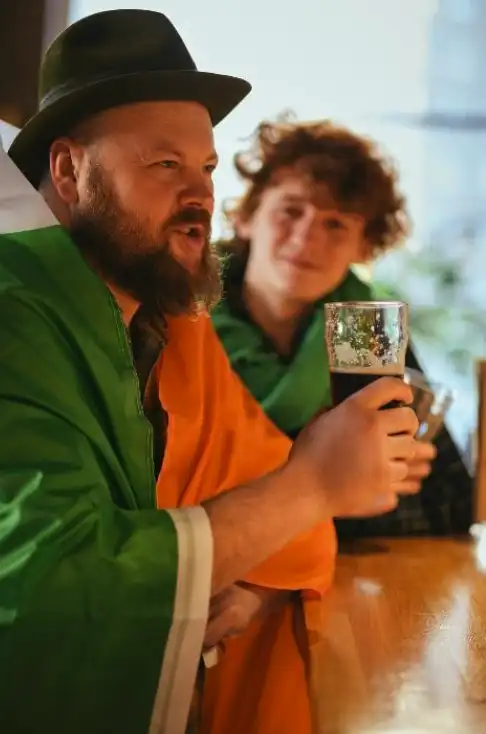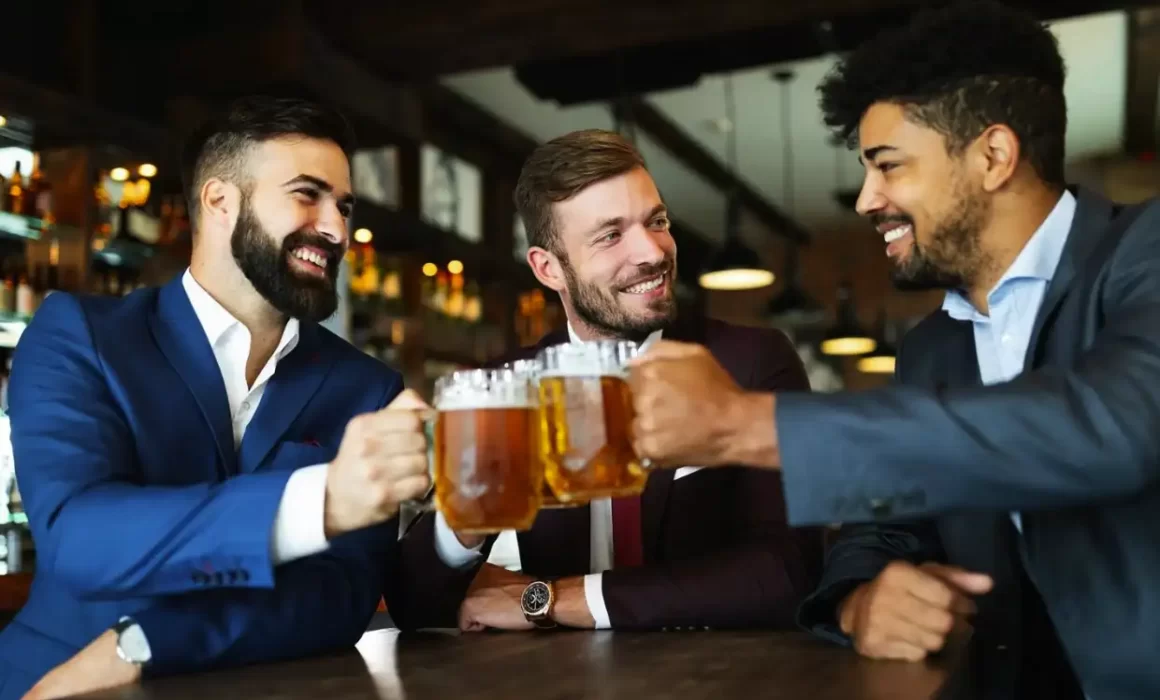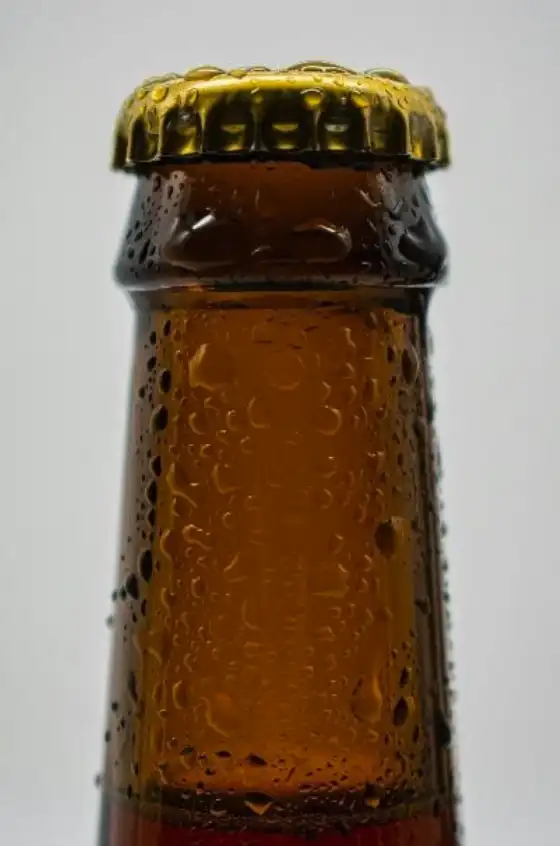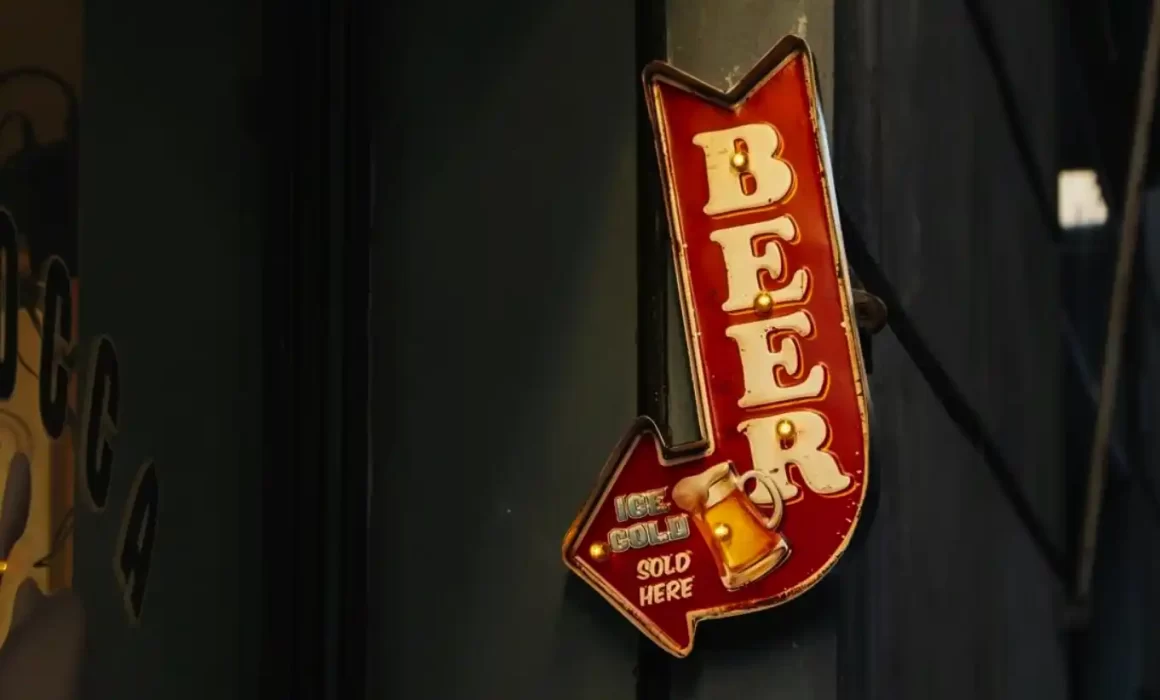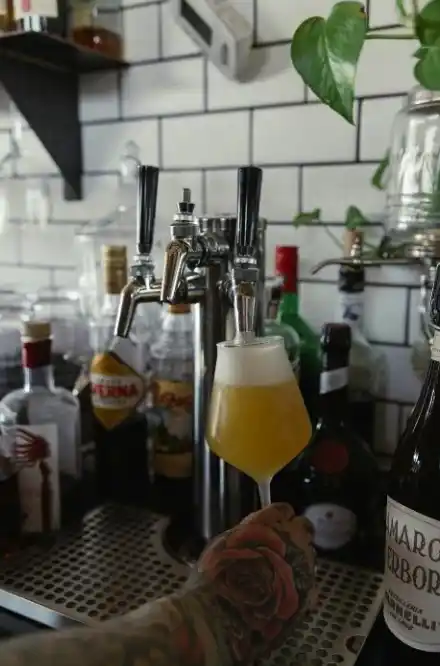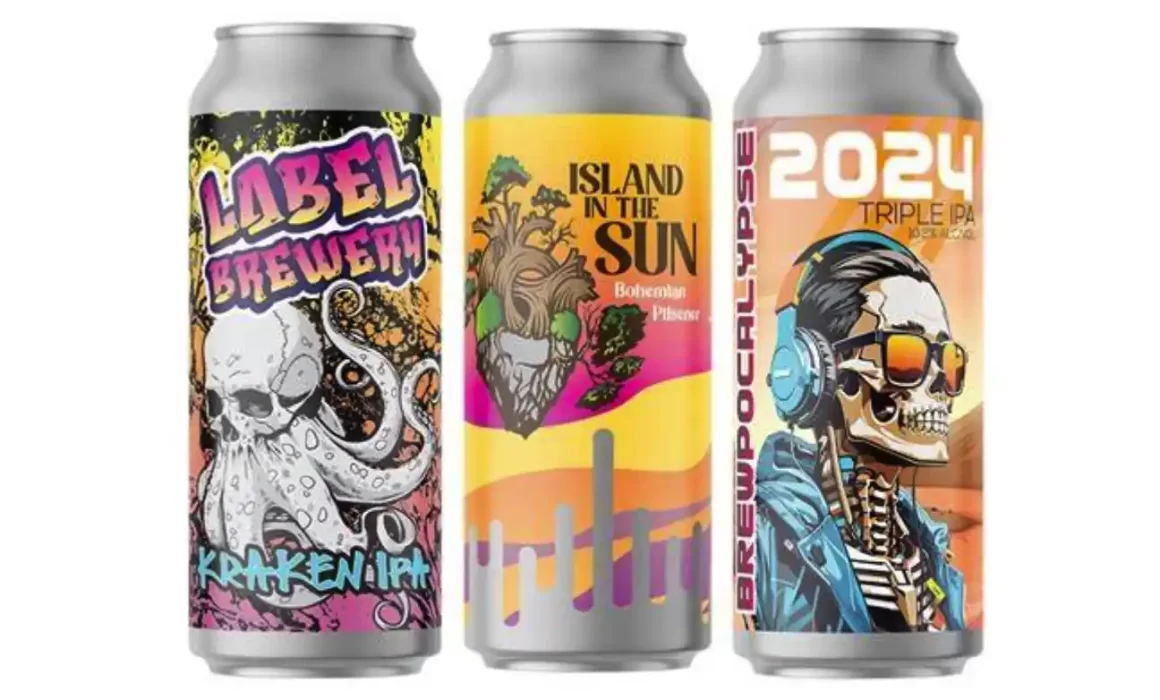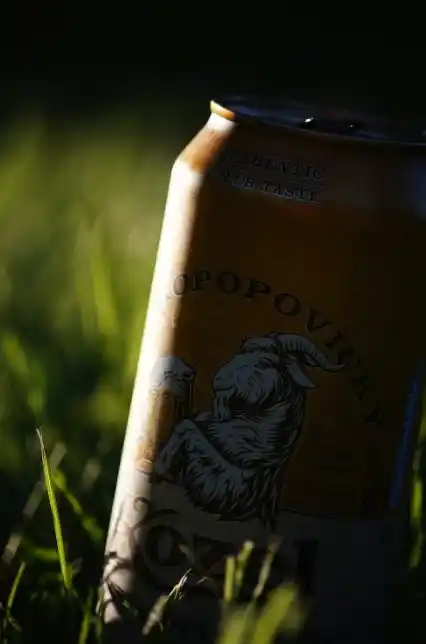Superfruit Juices at Risk? How Smart Pasteurization Protects Yuzu & Dragon Fruit Flavor—and Profits
A Sponsored Guide by PRO Engineering / Manufacturing Inc.
Superfruit juices such as yuzu and dragon fruit are no longer niche products—they’re premium, high-margin beverages expected to deliver bold flavor, vibrant color, and functional health benefits. The challenge? These delicate fruits are extremely sensitive to heat, oxygen, and processing time. Pasteurization is non-negotiable for safety and self-life, but if done poorly, it can destroy the very qualities consumers pay for.
This guide breaks down how modern tunnel and batch pasteurization preserves flavor, aroma, color, and nutrients—and why beverage brands increasingly rely on PRO Engineering / Manufacturing Inc. to get it right.
Table of Contents
1. Why Superfruit Juices Are Different
Superfruits are defined by what makes them fragile: volatile aroma compounds, natural pigments, and bioactive nutrients. Unlike apple or grape juice, superfruit juices can’t tolerate aggressive thermal processing.
Key differences include:
- Higher acidity but lower thermal stability
- Heat-sensitive vitamin C and polyphenols
- Natural pigments prone to browning or fading
- Premium price expectations from consumers
This means pasteurization must be precise, controlled, and repeatable.
2. Yuzu & Dragon Fruit: Flavor and Nutrient Sensitivity
Yuzu delivers sharp citrus aroma with floral notes that evaporate quickly under excessive heat.
Dragon fruit relies heavily on visual appeal—its pink and magenta pigments degrade rapidly with uneven temperature exposure.
Poor pasteurization leads to:
- Muted citrus aroma in yuzu
- Washed-out color in dragon fruit
- Nutrient degradation and off flavors
- Shorter shelf life despite “safe” processing
Precision thermal control is the difference between a premium SKU and a disappointing one.
3. Market Size & Growth of Superfruit Juices
The superfruit and functional juice category is expanding rapidly:
- Global superfruit juice market (2025): ~$8.5–9.2 billion
- Projected market by 2029: $13+ billion
- CAGR: ~9–10% annually
- Asia-Pacific & North America: fastest-growing regions
Yuzu-based beverages are growing strongly in RTD cocktails, wellness shots, and functional waters, while dragon fruit continues to gain traction in immunity, beauty, and antioxidant drinks.
Brands that maintain flavor integrity and shelf stability capture higher repeat purchase rates—and higher margins.
4. Pasteurization Challenges in Superfruit Juices
Pasteurizing superfruit juices isn’t just about hitting a temperature, it’s about how you get there and how long you stay there.
Common challenges include:
- Overheating during ramp-up
- Inconsistent hold times
- Uneven bottle or can temperature distribution
- Flavor loss during cooling
These issues often stem from outdated or poorly configured pasteurization systems.
5. Why Tunnel Pasteurization Protects Premium Juices
Modern tunnel pasteurizers apply heat gradually and evenly across filled containers, making them ideal for delicate juices.
Benefits of Tunnel Pasteurizers include:
- Controlled multi-zone heating and cooling
- Consistent pasteurization units (PU)
- Minimal thermal shock
- High throughput with repeatable results
Systems such as Large Tunnel Pasteurizers are ideal for national distribution volumes, while SlimLine Pasteurizers work well for craft and emerging superfruit brands with limited floor space.
For producers scaling production, PRO Engineering / Manufacturing Inc. offers customized tunnel solutions engineered specifically for sensitive beverages.
Reference: https://prowm.com/tunnel-pasteurizers
6. When Batch Pasteurization Makes More Sense
Batch pasteurization excels in flexibility. For limited runs, seasonal SKUs, or pilot products, Batch Pasteurizers allow tight control over time and temperature without committing to continuous flow.
Advantages include:
- Lower upfront investment
- Excellent for R&D and small batches
- Ideal for premium or experimental formulations
Options like Single-Temp Pasteurizers and Triple-Temp Pasteurizers allow producers to fine-tune processing for different fruit blends and container types.
Reference: https://prowm.com/batch-pasteurizers-2/
7. Choosing the Right Pasteurizer Configuration
The right system depends on:
- Production volume
- Container type (glass, PET, cans)
- Distribution range
- Sensitivity of ingredients
PRO Engineering / Manufacturing Inc. designs systems that balance safety, shelf life, and sensory quality—whether that’s a SlimLine tunnel or a multi-zone batch system.
Manufacturers benefit from:
- Custom engineering
- Scalable designs
- Retrofit options for existing lines
- Long-term service and support
Learn more at https://prowm.com/
FAQs: Superfruit Juice Pasteurization
1. Does pasteurization destroy nutrients in fruit juice?
Pasteurization reduces some heat-sensitive vitamins, but modern controlled systems preserve the majority of nutrients while ensuring safety.
2. How do you pasteurize juice without losing flavor?
By using gradual heating, precise hold times, and controlled cooling—typically achieved with tunnel or advanced batch pasteurizers.
3. Is yuzu juice hard to pasteurize?
Yes. Yuzu’s aromatic compounds are extremely volatile and require precise thermal control.
4. Why does dragon fruit juice lose color during processing?
Uneven heat exposure degrades natural pigments, causing fading or browning.
5. What is the best pasteurization method for premium juices?
Tunnel pasteurization is ideal for high-volume consistency; batch pasteurization works best for small or specialty runs.
6. How long does pasteurized superfruit juice last?
Shelf-life ranges from several weeks refrigerated to 6–12 months shelf-stable, depending on formulation and processing.
7. Can pasteurization improve juice safety without preservatives?
Yes. Proper thermal processing eliminates pathogens without chemical preservatives.
Conclusion: Preserve What Makes Superfruit Juices Profitable
Superfruit juices succeed or fail on sensory experience. Pasteurization should protect—not compromise—what makes yuzu and dragon fruit special. With precision tunnel and batch pasteurization systems, beverage producers can deliver safety, shelf life, and standout flavor at scale.
That partner is PRO Engineering / Manufacturing Inc. With over 40 years of experience designing and building custom tunnel and batch pasteurization systems, PRO brings world-class engineering right into your production floor. When you Partner with a PRO, you gain access to:
- Equipment engineered for your beverage’s specific formulation
- Systems that protect flavor, color, and shelf stability
- Hands-on support from installation through optimization
- Options that scale with your business
📞 Call PRO today: 414-362-1500 (PRO)
✉️ Email: [email protected] (PRO)
📍 Address: 11175 W. Heather Avenue, Milwaukee, WI 53224 USA (PRO)
Whether you’re launching a new SKU or scaling national distribution, it’s time to Partner with a PRO and elevate your beverage quality and reliability.
REFERENCES
Government Links
https://www.fda.gov/food
https://www.usda.gov/topics/food-and-nutrition
https://www.foodsafety.gov
Wikipedia Links
https://en.wikipedia.org/wiki/Pasteurization
https://en.wikipedia.org/wiki/Fruit_juice
https://en.wikipedia.org/wiki/Functional_food
ABOUT PRO ENGINEERING / MANUFACTURING INC.
Trusted | Knowledge | Quality
We have been involved in pasteurizers since 1977.
PRO Engineering / Manufacturing Inc. has developed a range of small, medium, and large-sized tunnel & batch pasteurizers to fit the needs of BrewMasters and Beverage Makers. When our customers asked for more compact as well as full-size tunnel pasteurizers, PRO developed models to fit our customers’ needs. Then our customers needed a batch pasteurizer. We now provide batch pasteurizers; PRO is a business that continually innovates to meet customer needs.
For more than 40 years, we have been delivering solutions for beverage product shelf stability and consumption safety.
Edward A. Michalski CEO
Ed Michalski started his career in the beverage industry by designing stainless steel, higher flow, spray headers for Pabst Brewing. Along with the header design he also developed a process to produce the new headers.
Ed, along with his brother David, formed PRO Engineering / Manufacturing Inc. Based on what they learned by re-designing and refurbishing other manufacturers’ pasteurizers, Ed and PRO started to offer the pasteurizer marketplace superior new pasteurizers. PRO Engineering / Manufacturing Inc. has been designing and manufacturing great pasteurizers for over four decades.
For more information on tunnel and batch pasteurization contact PRO Engineering / Manufacturing, Inc. at [email protected] or call (414) 362-1500 and ask for Ed Michalski, CEO.
Partner with a PRO!… PRO Engineering / Manufacturing Inc.
Internal Resources:

